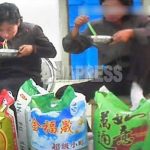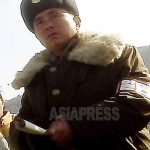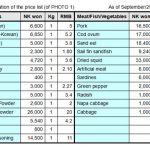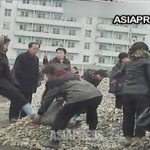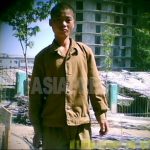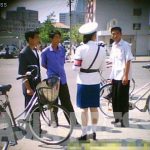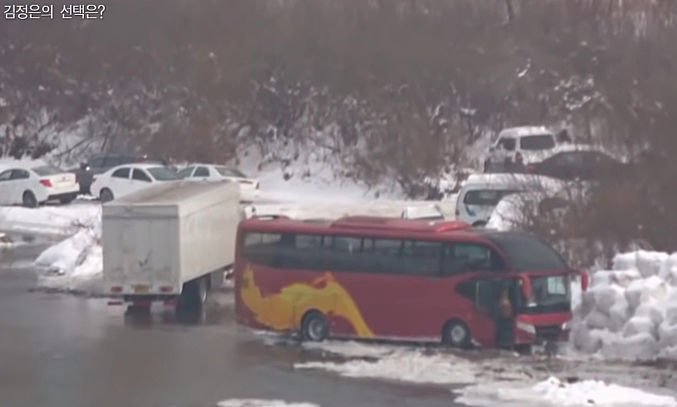
State-led smuggling in the border region of the upper Yalu River has recently expanded. In late May, a reporting partner in the northern border region met with an official involved in state-led smuggling and told us what he found out. (JEON Sung-jun / KANG Ji-won)
In mid-May, ASIAPRESS reported on the recent resurgence of state smuggling from North Korea through an interview with a trader in China's Jilin Province who is familiar with the border situation. In the interview, he mentioned that state-led smuggling is carried out between Chinese traders and North Korean authorities, with automobiles and machinery going to North Korea and commodities such as iron ore and seafood going to China.
In this article, through an interview with the reporting partner, ASIAPRESS explores the situation on the North Korean side of state-led smuggling, which is rapidly expanding in the upper reaches of the Yalu River around Hyesan.
◆ Mostly UN-sanctioned items are being imported through state-led smuggling
Q. We’ve heard that there is active smuggling taking place along the border. What can you tell us?
A. Currently, cross-border smuggling in North Korea is being carried out by the state with the authorization of the province’s trade bureau. Smuggling is taking place on a daily basis and is different from the way it was done in the past through individual partners.
Q. What are the specific items being imported?
A. The smuggled items include raw materials for factory production, cloth, and vehicle accessories - even vehicles themselves. There is also a lot of Chinese fertilizer and pesticides for farming. Recently, herbicides have been brought in, too.
Q. What is security like at the smuggling sites?
A. The smuggling sites are virtually sealed off. Only a few people, such as the Ministry of State Security (secret police), the Ministry of Social Security (police), customs officers, customs pass inspection stations (soldiers), and personnel with the provincial trade bureau - as well as trading company drivers and loading and unloading personnel - have access to these areas. Outsiders are not allowed in, and they are so heavily guarded that even customs officials have difficulty bringing in other goods.
◆ Authorities have a tight grip on distribution of imported goods…none of the goods can be found in markets
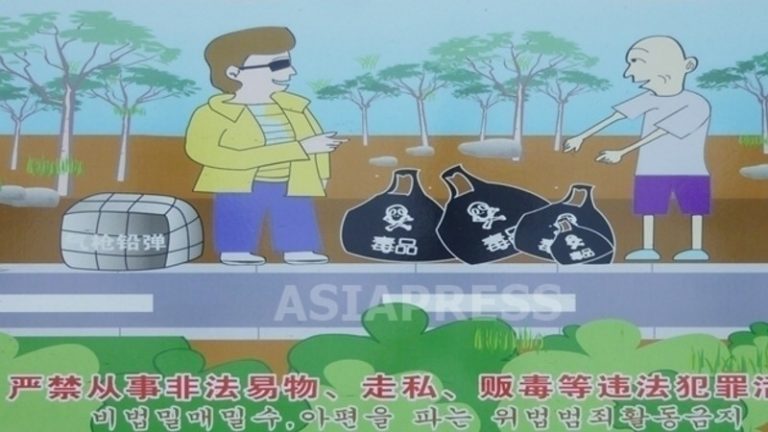
Q. Can you tell us more about the situation inside the customs areas?
A. Customs control is very strict. It is difficult for customs officials to receive packs of cigarettes from Chinese traders. In the past, customs officials would ask for bribes in exchange for favors, but now everything is registered and checked. There are no items unsanctioned by the state going through customs.
Q. What happens to goods imported through state-led smuggling?
A. Smuggled goods are tested at customs for at least three days, and all unsanctioned items are removed. The goods are then transported by train to the southern part of North Korea. I understand that there are very few industrial or daily necessities that can be purchased by individuals. Things like cloth are sent directly to the upholstery factories.
Q. Do you see Chinese contraband in the markets?
A. There used to be contraband in the markets, but now the state has a tight grip on things, so you don't see pesticides, fertilizers, cloth, or things of that kind anymore. If you do, it's all seized, traced back to the source, and the smugglers are brought to justice. Even if you have money, there is nothing you can buy.
※ ASIAPRESS communicates with its reporting partners through Chinese cell phones smuggled into North Korea.
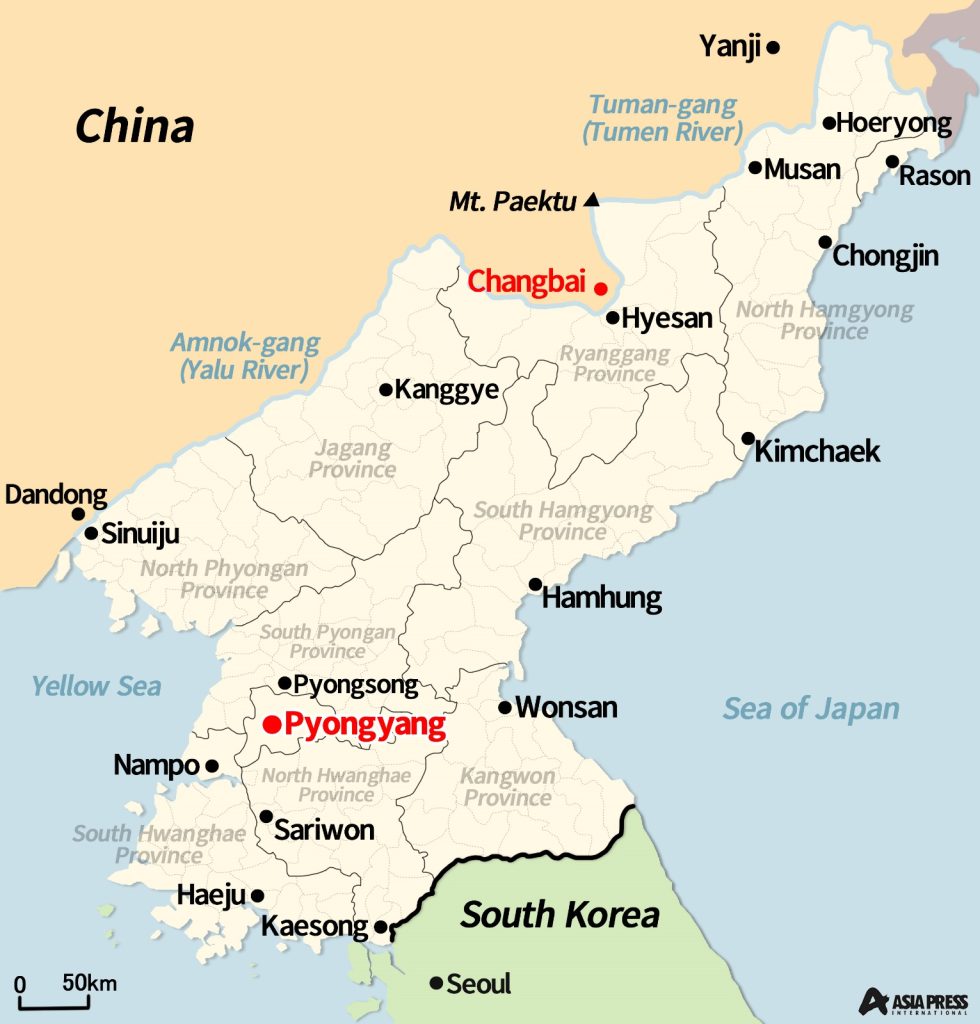
- <Inside N. Korea>April rations at the largest iron mine was just 3 kilograms of corn per worker…Anxiety-ridden workers voluntarily mobilize to farming work
- <Inside N. Korea>Recruitment for the world's longest military service(1) This year 8 years for men, 5 years for women
- <Inside N. Korea> Overseas worker deployments accelerate, some leave within a month...There’s a surge in applicants amid hardship
- <Inside N. Korea> Regime tightens reigns on young people...A public trial and ideological struggle in February led to intensive attacks and forced participation in firing squads
- <Inside N. Korea> Surveillance cameras are popping up in markets, restaurants, roadsides... "They are used to identify those responsible for increased crime and disturbances"
